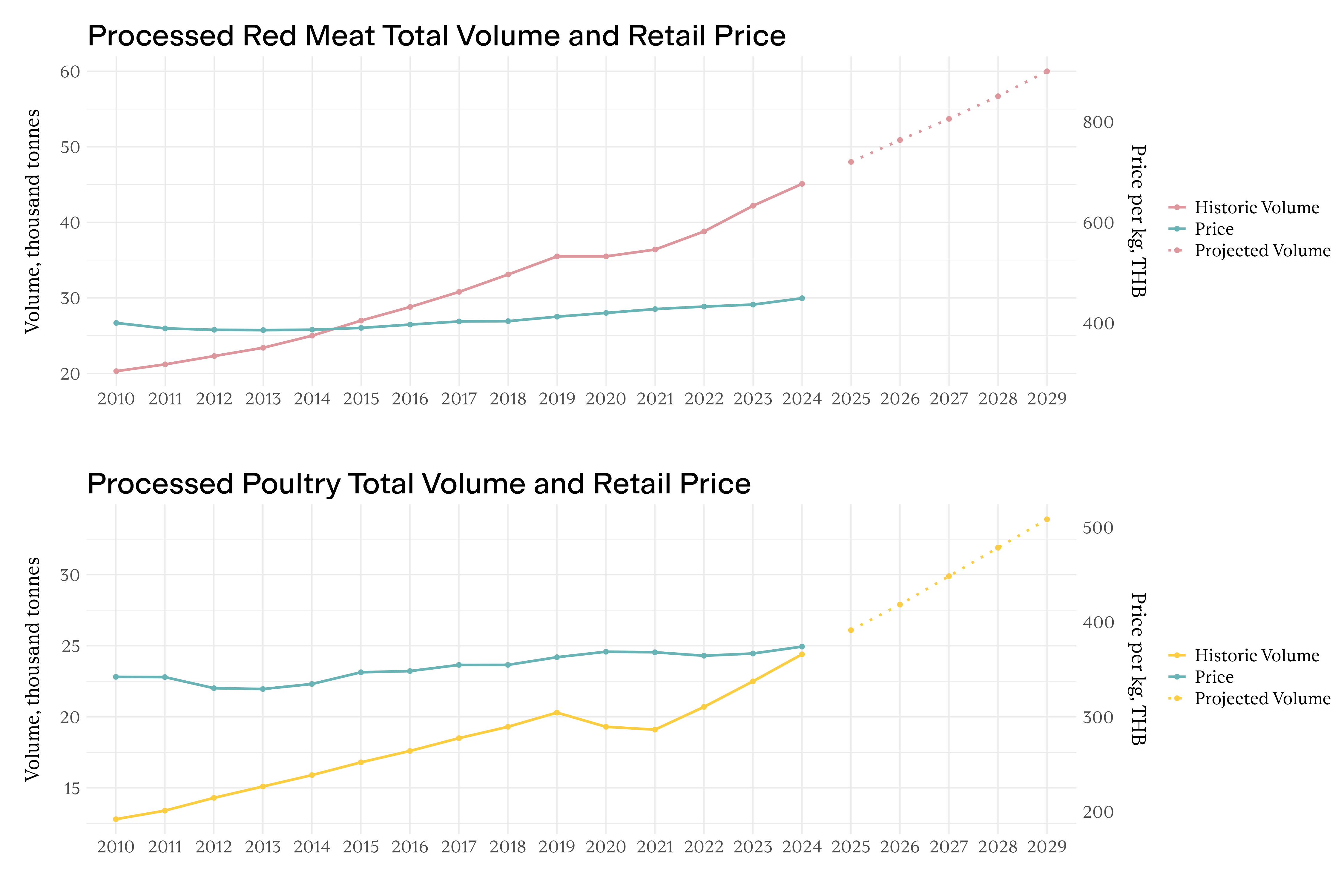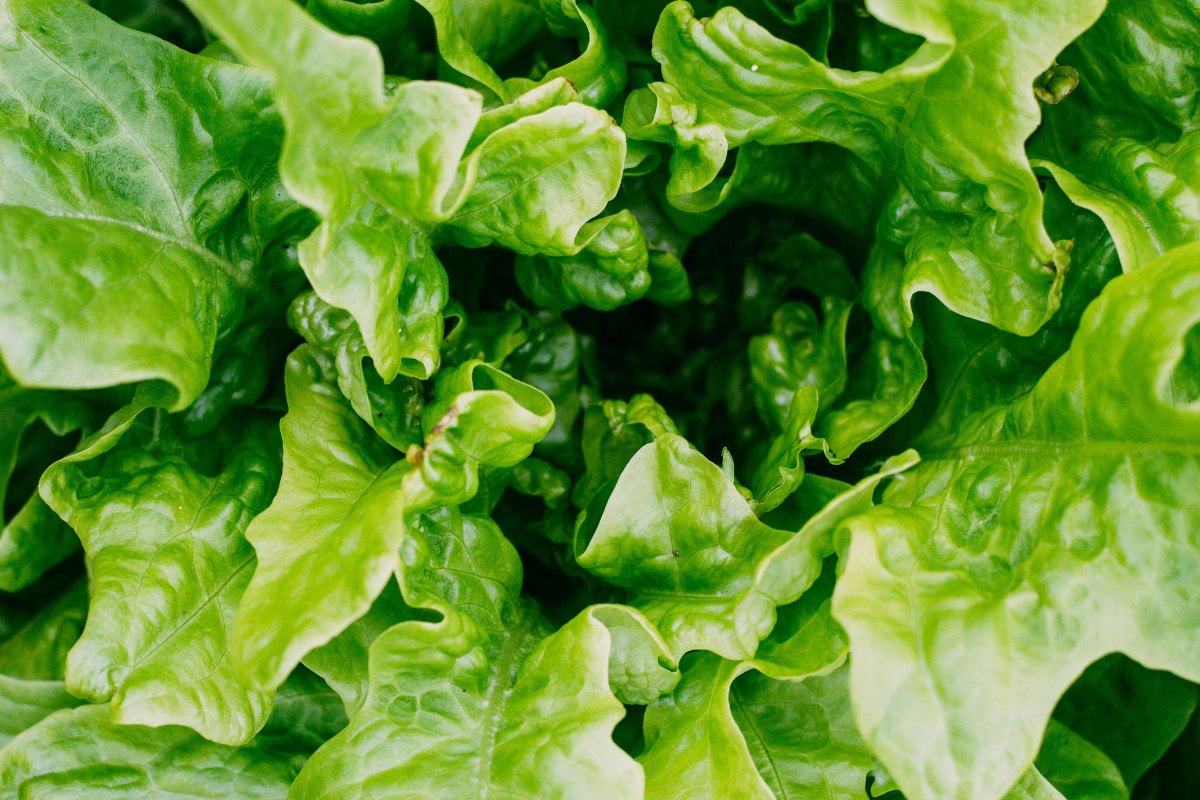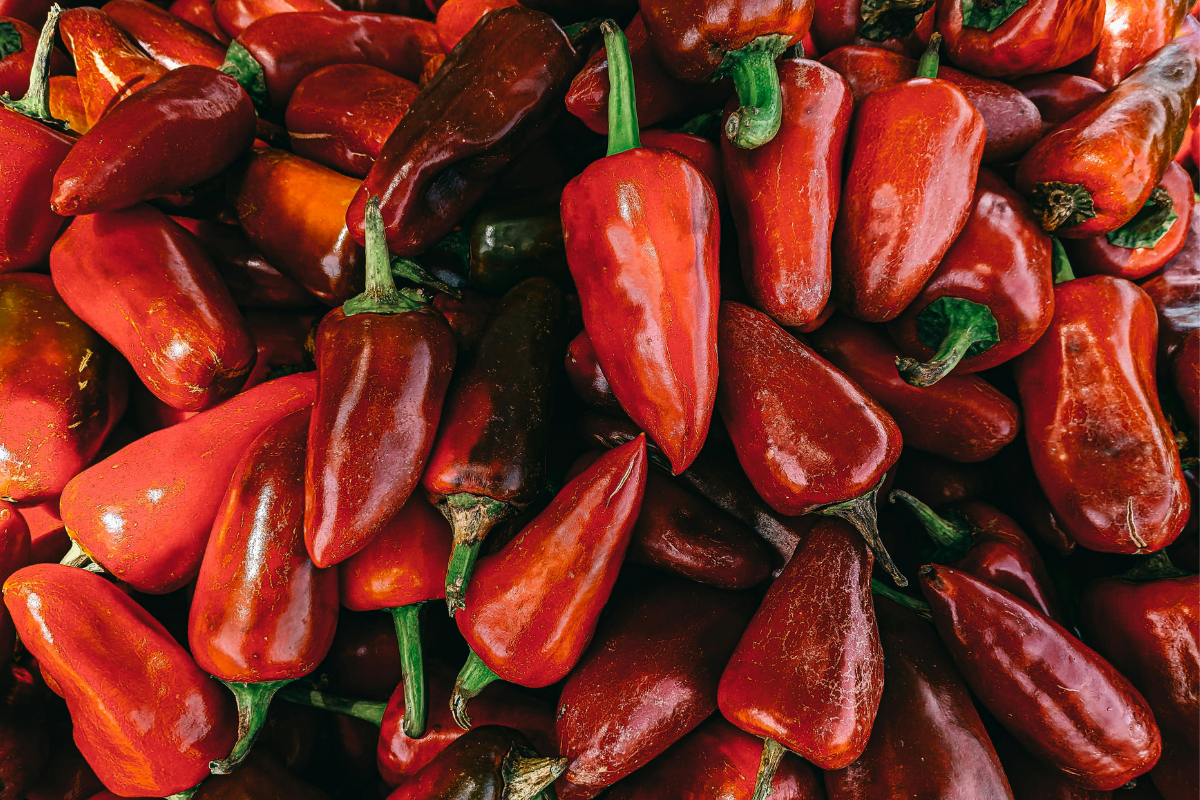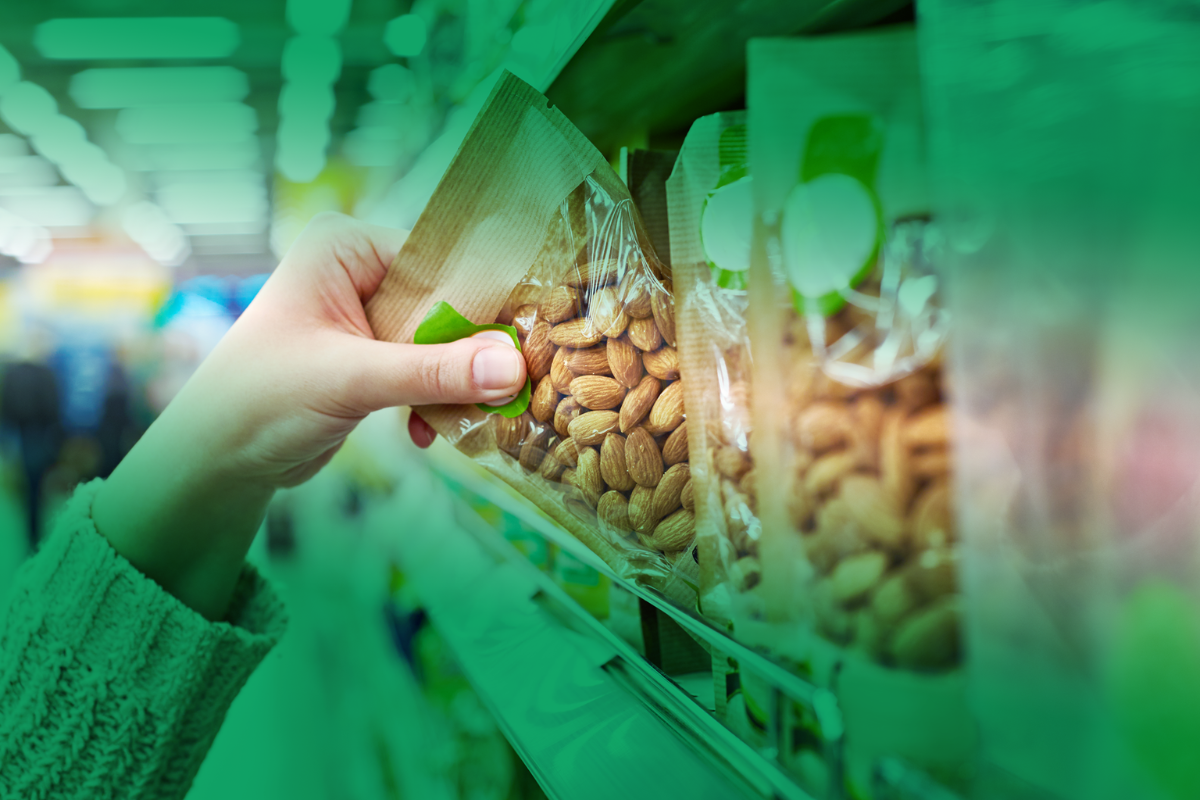8
October
2025
Our analysis of the latest data show alternative proteins are a major emerging market opportunity for Thailand.
The new data, obtained from global market research analysts Euromonitor, show that sales of meat and seafood substitutes are growing, while prices begin to decline. Total volumes have increased by almost 30% from 2021 to 2024, the most recent year of data. After peaking in 2022, average prices have come down in absolute terms by 8% in two years.
This is a young food category compared to the mature conventional meat and seafood market in Thailand, making it an exciting prospect for Thai meat producers, which could benefit from significant projected market growth in the coming years.
Promising protein projections
This promising growth in the market in Thailand is projected to continue in the next five years. Sustainable meat and seafood alternatives are set to increase by another 43% between 2025 and 2029. This is an opportunity for Thailand’s meat producing companies to supply a growing market, while seizing the opportunity to help Thailand meet its commitment to reduce emissions under the Paris Agreement.

How can alternative proteins help Thailand meet its climate goals?
The agricultural sector is the second largest greenhouse gas emitter in the country, after the energy sector. When emissions from feed production are included, Thailand’s livestock sector, including over 60% of animal feed imports, is responsible for around 39 MtCO2e annually. That’s more than rice.
If the meat and seafood sector continues to grow as forecasted, total greenhouse gas emissions are expected to increase 14.7% from 39.1 Mt CO2e in 2020 to 44.9 Mt CO2e in 2050. So tackling emissions from the livestock sector and shifting to plant protein crop production would significantly reduce Thailand’s overall greenhouse gas emissions.
Alternative protein products generate far fewer emissions and have a far lower impact on water, air pollution and land use than their animal-based counterparts. A comparative lifecycle analysis by global non-profit organisation Good Food Institute shows meat substitutes produce 88% and 67% lower CO2e than pork and chicken respectively, and 91% and 83% lower fine particulate matter formation, a major air pollutant in Thailand, while cutting water consumption by over 94%.
Madre Brava’s research ‘Kitchen of the Future’ found that if Thailand shifted half of its meat and seafood production to plant proteins by 2050, the country could save 35.5 MtCO2e in total. This would allow Thailand to limit global warming to safe levels while sparing 2.17 million hectares of land in 2050, an area equivalent to the province of Nakhon Ratchasima.
Protein diversification can deliver economic benefits for the country too. The move to produce more plants and fewer animal products could create up to 1.15 million net jobs related to the production of plant-based protein sources in the country by 2050. Moreover, Thailand could potentially create THB 1.3 trillion of economic value by reducing the amount of imported raw materials - animal feed, for example - and become more self-sufficient in the process.
Meat sales increase threatens health and climate goals
Processed red meat and poultry have increased by 24% and 28% (respectively) since 2021 and are set to increase by 25 and 30% in the next five years. While this rate is slower than alternative proteins, it is alarming given the consequences of meat overconsumption for health and the environment.
This increase would not only drive higher carbon emissions, deforestation, biodiversity loss, water and air pollution, it would also pose a health risk. According to the Global Burden of Disease Study, a diet high in processed meat contributes to an estimated 10.3 million years of life lost due to poor health and 295,000 early deaths worldwide in 2021. Increasing processed meat consumption will increase the cases of non-communicable disease such as cardiovascular disease, type 2 diabetes, and certain types of cancer.

A healthier alternative to processed meat
When compared to processed meat products, plant-based alternatives have better nutrition profiles (higher fibre, less fat and saturated fat, and are lower in calories). When choosing convenience foods, Thai consumers would see significant health gains, in addition to the environmental benefits, with meat-free alternatives to processed meat.
Moving towards price parity
In terms of price, meat and seafood substitutes in Thailand are currently more expensive than fresh meat, and whole and more traditional plant-sourced protein foods such as tofu, legumes, and nuts.
When compared with fresh meat, substitutes are 8×, 4× and 2× more expensive than chicken, pork, and beef, costing, on average, 94, 179, and 348 THB/kg respectively. However, the difference in price between processed meat and meat substitutes is smaller - substitutes cost around 40% more on average in 2024 (430 vs 736 THB/kg on average).
The price gap between meat substitutes and animal meat (including processed products) will become narrower for two reasons: economies of scale, and the increasing input costs to produce conventional meat (e.g. animal feed and labour costs).
Livestock production depends on increasingly expensive imported maize and soy for animal feed. As data from more developed alternative proteins (AP) markets such as the US and Germany show, it could be expected that the price of meat and seafood alternatives would decrease over time.
Europe: A huge export opportunity for Thai protein producers
Some of the leading supermarkets in Europe are announcing ambitions to increase the proportion of plant-based meat and seafood substitutes called ‘protein split targets’. Lidl, Europe's largest supermarket chain, will increase the proportion of plant-based foods sold – including as plant-based protein sources – by 20 percent by 2030 across all 31 countries.
Ahold Delhaize, another major European retailer present in six European countries, aims to achieve 50% plant-based - 50% animal protein sales by 2030. Both supermarket giants are doing this to reduce Scope 3 emissions, indirect greenhouse gas emissions in supermarkets’ value chains, which includes the products that each supermarket offers in its assortment. Some supermarkets have committed to offer own-brand plant-based alternatives at the same price point as their animal-based counterparts to provide a real choice to consumers.
The sales of meat and seafood analogues are also increasing in several European countries driven primarily by the sales of more affordable own brand products. Latest research also highlights the balance between price and product appeal (taste, texture and convenience) and encourages continued improvement in these factors in addition to price.
With the country’s reputation as the Kitchen of the World, and one of the main exporters of poultry to European countries, leading protein producers in Thailand have real potential to harness opportunities to enter the alternative protein market in Europe.
People, planet, profit?
Overconsumption and overproduction of meat are threats both to the environment and people’s health. Thailand needs a bold shift to more plant-rich diets to address both the health and climate crises.
Plant-based sources of protein are an option for consumers who want to cut the environmental impact of their food choices and still seek taste, texture, and the convenience associated with processed meat products.
Given the increasing price of raw materials to produce meat, leading protein producers in Thailand should seize this opportunity to diversify their protein portfolio, and strive for price parity between meat (both fresh and processed meat) and plant-based meat alternatives.
This way they can provide a sustainable, affordable, tasty and convenient protein source for Thai consumers. Leading protein producing companies can also harness Thailand’s reputation as the “Kitchen of the World” to produce Thai-inspired ready-to-eat products made with meat substitutes to maximize opportunities for export markets in Europe.
Read our briefing in Thai here.
Title pic: Alexandra Tran
1 All source material is the exclusive property of Euromonitor International Ltd and its licensors. Source material is provided without any warranties or representations about accuracy or completeness. Euromonitor International Ltd cannot be held liable for analysis or findings within this report and cannot be held liable for any reliance on such materials in any capacity and any reliance is done at the users risk.
.png)


